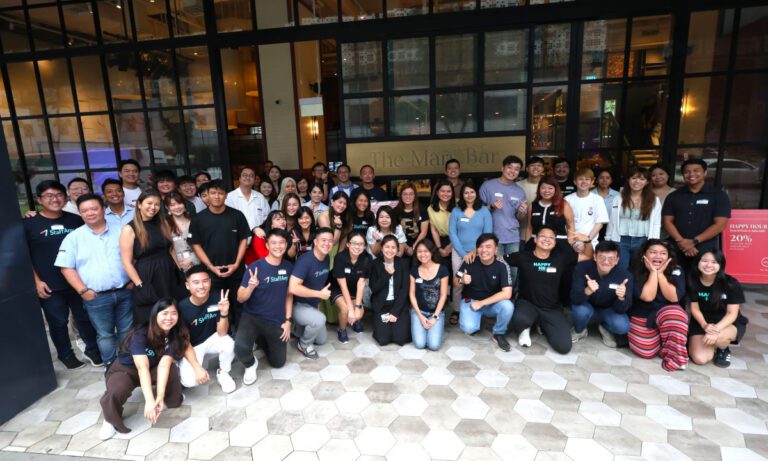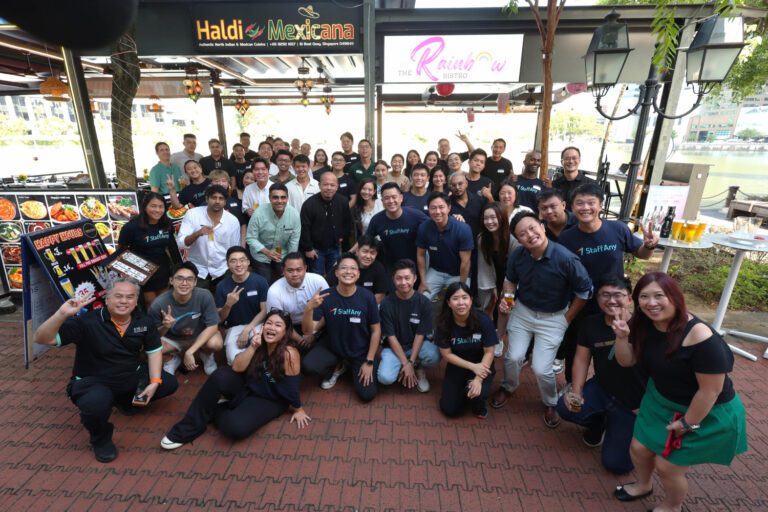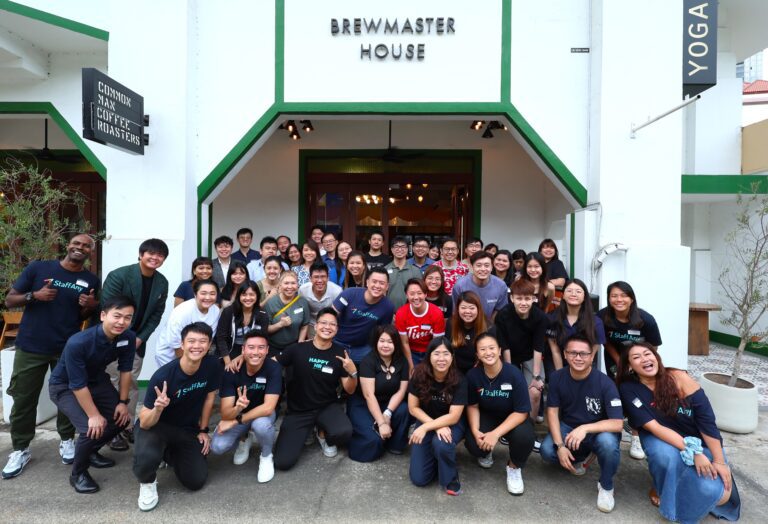In the bustling world of the restaurant industry, managing staff is crucial to ensure smooth operations and excellent customer service. However, like any workplace, staff problems in restaurant have been a part of business itself.
From communication breakdowns to scheduling conflicts, these issues can hinder productivity and affect the overall dining experience. In this article, we will explore eight common staff problems in restaurants and offer effective approaches to solve them, ensuring your restaurant runs like a well-oiled machine. Let’s get started!
8 Staff Restaurant Problems
In any restaurant, certain challenges related to staff can arise and hinder the smooth functioning of operations. Addressing these issues promptly is crucial to maintain high standards of service and customer satisfaction. Let’s delve into eight common staff problems that restaurants often face:
1. High Turnover Rates
One of the major challenges in the restaurant industry is the high turnover rates among staff. Frequent turnover not only disrupts the workflow but also incurs additional costs in terms of recruitment and training.
To address this issue, implement a comprehensive onboarding process, offer competitive wages, and create a positive work environment that fosters growth and employee satisfaction.
2. Lack of Communication
Communication breakdowns can lead to chaos in a restaurant. Misunderstandings about orders, delays, and customer preferences can result in unhappy diners. Encourage open communication among staff members through regular meetings, team-building exercises, and the use of communication tools like messaging apps to ensure everyone stays informed and on the same page.
3. Inadequate Training
Insufficient training can lead to errors, lower efficiency, and dissatisfied customers. Invest time and resources in training programs that equip your staff with the necessary skills and knowledge to excel in their roles. Regularly assess their progress and provide constructive feedback to help them improve continuously.
4. Scheduling Conflicts
Creating and managing work schedules can be challenging, especially in a restaurant where shifts may change frequently. Utilise staff scheduling software to streamline the process and allow employees to request time off or swap shifts easily. Be flexible and considerate when accommodating staff requests to maintain a healthy work-life balance.
Read more: 8 Elements of Employee Engagement
5. Lack of Motivation
Unmotivated staff can negatively impact the ambience of a restaurant and lead to subpar service. Recognise and reward outstanding performance to boost employee morale. Implement incentive programs, offer opportunities for professional growth, and foster a positive work culture where employees feel valued and appreciated.
6. Staff Shortages
Staff shortages during peak hours can result in long wait times and overwhelmed employees. Cross-train your staff to handle multiple roles, so they can seamlessly fill in for each other when needed. Additionally, maintain a list of reliable part-time or temporary staff that can be called upon during unexpected busy periods.
7. Handling Difficult Customers
In the service industry, dealing with difficult customers is inevitable. Train your staff in conflict resolution and effective communication techniques to handle such situations calmly and professionally. Empower them to escalate issues to higher management when necessary, ensuring that customer complaints are addressed promptly.
8. Health and Safety Concerns
Neglecting health and safety protocols can lead to accidents and potential legal issues. Conduct regular safety training sessions and enforce strict hygiene standards to create a safe environment for both staff and customers. Implement a system for reporting and resolving safety concerns promptly.
Creative Approaches to Solve Them
To address the staff problems faced by restaurants, consider implementing the following approaches:
1. Prioritise Employee Well-Being
Ensuring the well-being of your restaurant staff should be a top priority. By acknowledging their personal lives and offering flexible scheduling options, you create a more positive work environment.
Show empathy towards their needs, encourage breaks during busy shifts, and provide mental health support if required. When employees feel cared for, they are more likely to be motivated and dedicated to their roles, leading to improved overall performance.
2. Foster Effective Leadership
Effective leadership is key to managing staff problems. Train your managers and supervisors to be approachable and understanding. Encourage them to lead by example and actively listen to the concerns of their team members.
When employees feel comfortable communicating with their leaders, it fosters a sense of trust and cooperation within the restaurant, leading to better problem-solving and smoother operations.
3. Streamline Communication Channels
Clear and efficient communication is vital to address staff issues promptly. Utilise digital communication tools, such as messaging apps or scheduling software, to facilitate quick information exchange among staff members. Regularly update employees on any changes in policies or procedures, and encourage an open-door policy to ensure that everyone stays informed and feels heard.
4. Offer Incentives and Recognition
Implementing a well-designed incentive and recognition program can do wonders for staff morale. Recognise and reward outstanding performance, both privately and publicly. This not only boosts motivation but also creates a healthy sense of competition among employees, leading to higher productivity and better customer service.
Read more: 10 Best Tips for Managing Restaurant Staff
5. Continuous Training and Development
Investing in the training and development of your restaurant staff pays off in the long run. Conduct regular training sessions to keep them updated with industry trends and best practices. Offering opportunities for skill enhancement and career advancement within the organisation makes employees feel valued, reducing the likelihood of turnover.
6. Optimise Scheduling Process
The scheduling process can be a significant source of staff problems if not managed properly. Use staff scheduling software to create efficient and flexible schedules that consider employee preferences and availability. This helps to improve attendance and job satisfaction, as staff members are more likely to be content with their assigned shifts.
7. Implement Customer Service Training
Handling difficult customers is an essential skill in the restaurant industry. Provide customer service training to your staff, emphasising the importance of empathy, active listening, and conflict resolution. Equip them with the tools to handle challenging situations professionally, ensuring that customers leave with a positive impression even in the face of a problem.
8. Focus on Health and Safety
Maintaining a safe and healthy work environment is crucial for both staff and customers. Regularly inspect the restaurant for potential hazards, and provide comprehensive training on health and safety protocols. Empower your staff to take proactive measures to prevent accidents and injuries, creating a secure atmosphere for everyone.
By addressing and proactively resolving staff problems in restaurants, you can create a harmonious and efficient work environment. Prioritise employee satisfaction, encourage effective communication and provide continuous training to ensure your restaurant’s success.
With a motivated and well-trained team, you can overcome challenges and provide exceptional service to your customers, making your establishment stand out in the competitive restaurant industry.
To simplify your staff management and timesheet tracking process, explore StaffAny’s staff timesheet software. With automated consolidation, smart cost control tools, and multi-outlet consolidation, StaffAny streamlines your administrative tasks, saving you valuable time and effort. Enjoy the transparency of timesheets for everyone and reduce discrepancies in hours effortlessly!







